ADVOCATES for pastoral care in mental health have filled the letters pages of the Church Times in response to two articles published during Mental Health Awareness Week.
One of the articles was written from the point of view of a parish priest encountering people in precarious mental health, detailing various scenarios that can occur, recounted from experience. The other was an interview with a vicar’s wife who had been stabbed in a random attack by a very ill man.
The letters page of the following week’s edition was filled with responses to these articles. While these included praise for the effort made to mark the awareness week, and for particular merits in the articles, there was also criticism, some for errors in detail but also on grounds such as editorial lack of balance and lost opportunity to give a voice to people who have experienced mental distress.
In his letter, consultant psychiatrist Tom Selmes pointed out that the rates of serious violence associated with mental illness are low, and that the majority of treatment takes place voluntarily and in the community.
Former mental health chaplain Revd John Foskett wrote: “What I missed was the voices and experience of people in mental-health crisis themselves,” and referred to both the Somerset Spirituality Project and Being Alongside / APCMH.
Our chair Jamie Summers, writing in a personal capacity, declared that “outcomes are often better for people who avoid contact with psychiatric services entirely. The drugs don’t always work. Love always does.” He concluded: “It is sad that fear of the stranger persists in church circles. In medieval times, monasteries were the default mental asylums. Oh that the modern Church would take a more enlightened view of how to come alongside those with troubled minds.”
Rachael Twomey of Bethnal Green, meanwhile, echoed Tom Selmes’ point, adding that “a disproportionate emphasis on compulsion and dangerousness can perpetuate those feelings of fear and shame that prevent people from seeking help, for themselves or others.”

